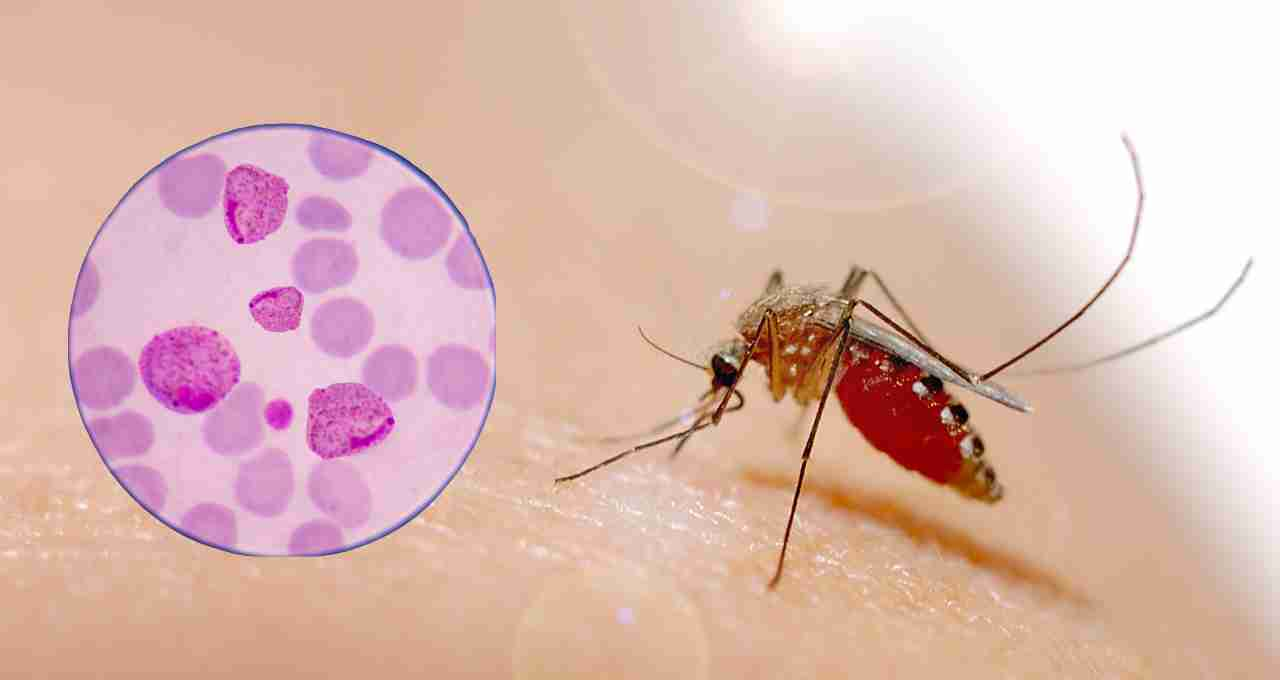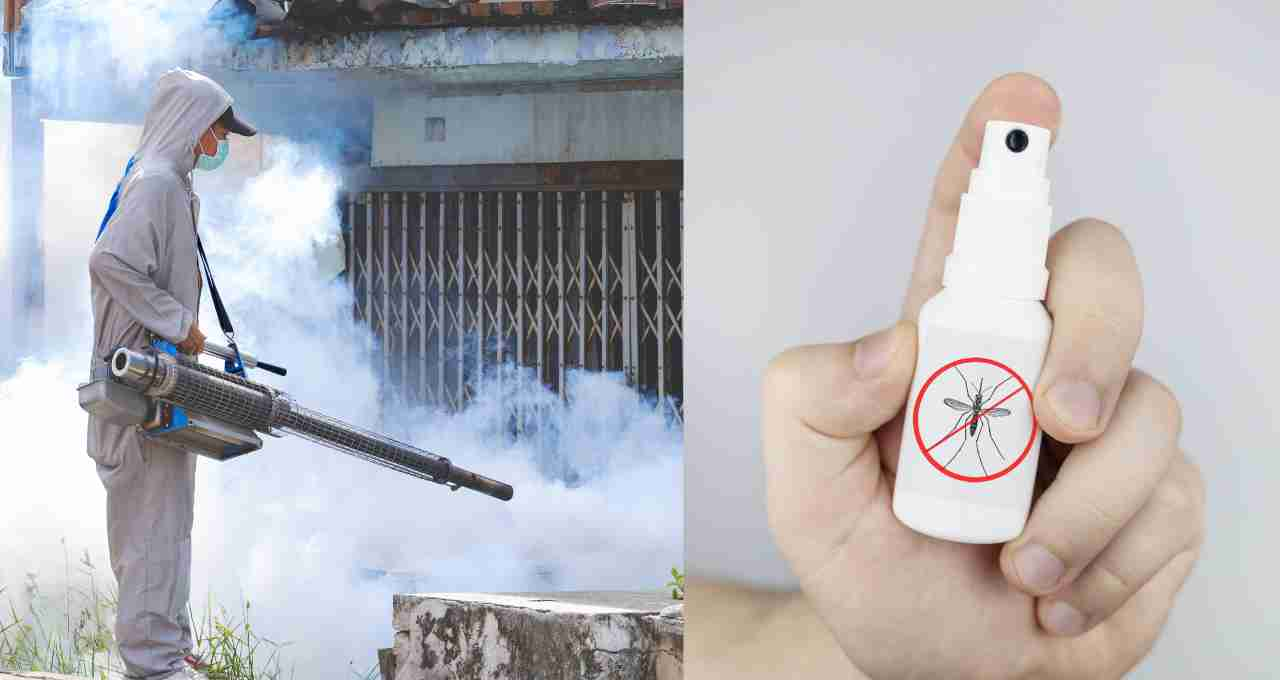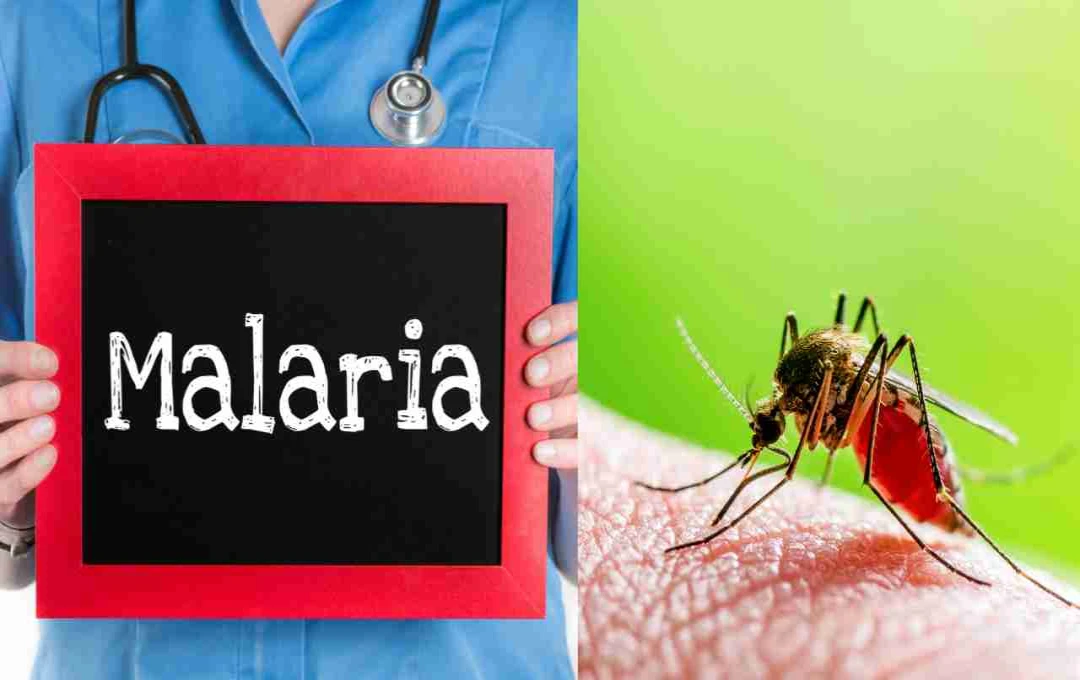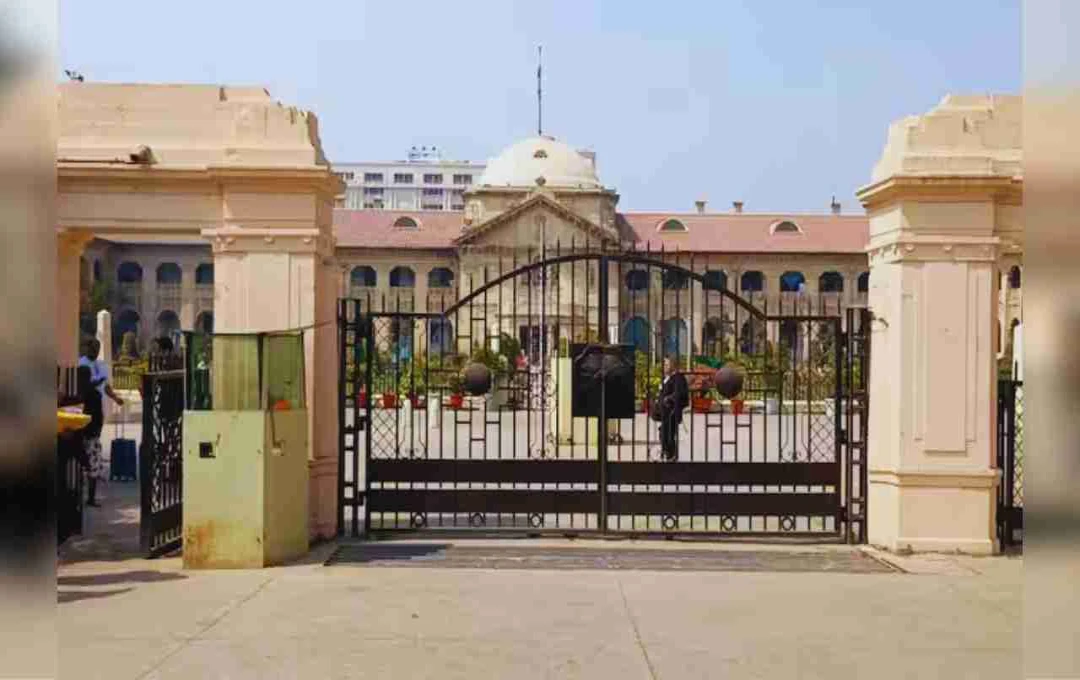The risk of malaria increases during the monsoon season. Initial symptoms include high fever, chills, headache, fatigue, and vomiting. If left untreated, it can become severe. To prevent it, avoid water stagnation, use mosquito nets and repellents, wear full-sleeved clothing, and get regular blood tests.
Malaria early symptoms: As many as 264 cases of malaria have been reported in Delhi this year, the highest in the last five years. According to Dr. Subhash Giri of RML Hospital, the early symptoms of malaria are similar to common fever, including sudden high fever, chills, headache, fatigue, sweating, and muscle pain. This mosquito-borne disease can become severe if not treated promptly, affecting the liver, kidneys, and blood platelets. For prevention, do not allow water to accumulate in and around your home, use mosquito nets and repellents, and undergo regular health check-ups.
How Malaria Spreads

Malaria is a contagious disease spread by the bite of the Anopheles mosquito. When a mosquito bites an infected person and then bites another person, the Plasmodium parasite enters the bloodstream. This parasite affects red blood cells, causing symptoms like recurrent fever, weakness, and fatigue in the patient. In severe cases, it can affect the liver, kidneys, and platelets. In children and pregnant women, malaria can cause serious complications such as anemia and premature delivery.
Early Symptoms of Malaria
According to Dr. Subhash Giri, Unit Head in the Department of Medicine at RML Hospital, the early symptoms of malaria often appear similar to a common fever. Patients experience chills, sudden high fever, headache, and fatigue. Additionally, sweating, muscle and joint pain, loss of appetite, vomiting, or nausea can also be early symptoms.
In children, the infection manifests as irritability and weakness. If the infection progresses, the fever may come and go frequently, and the body temperature can rise sharply. In severe cases, difficulty in breathing, jaundice, and anemia may also occur. During the monsoon season, if you experience persistent fever and weakness, it is crucial to consult a doctor immediately.
Preventive Measures Against Malaria

To prevent malaria, ensure that water does not stagnate in and around your home. Regularly clean mosquito breeding sites such as coolers, tubs, containers, and gutters. Use mosquito nets while sleeping and apply mosquito repellents on your skin. Wear full-sleeved clothing when going outdoors. Install screens on doors and windows to prevent mosquitoes from entering. Get regular blood tests to detect the disease in time.
Dangers of Severe Malaria
Malaria can affect not just the body's temperature but also multiple organs. It weakens the immune system, leading to recurrent fatigue and weakness. High fever can cause dehydration and a drop in platelet count. If the infection reaches the brain, it can lead to a life-threatening condition like cerebral malaria. Therefore, underestimating malaria can prove dangerous.















